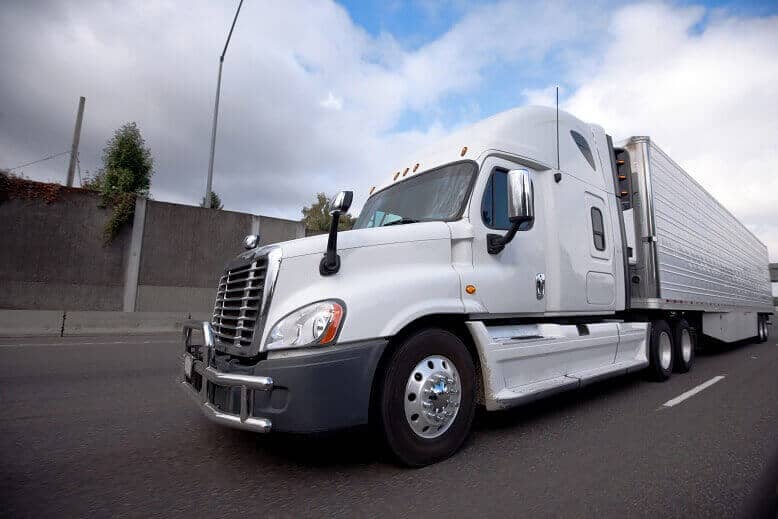When it comes to relocating a vehicle across state lines, understanding the costs associated with towing is crucial. Whether you’re moving for a job, relocating for personal reasons, or simply need to transport a non-operational vehicle, the expenses can vary significantly based on several factors. In this article, we will delve into the intricacies of towing costs, providing you with a detailed overview to help you make informed decisions.
Understanding Towing Costs: The Basics
The cost to tow a car from state to state can range from a few hundred to several thousand dollars. On average, you can expect to pay between $600 and $1,500 for long-distance towing. However, this figure is influenced by various elements, including:
- Distance: The most significant factor affecting towing costs is the distance between the pickup and drop-off locations. Towing companies typically charge per mile, and rates can vary based on the region. For example, towing a vehicle across a short distance (e.g., 100 miles) may cost around $300, while a cross-country tow (e.g., 1,000 miles) could exceed $1,000.
- Vehicle Type: The type of vehicle being towed also plays a critical role in determining the cost. Standard sedans are generally less expensive to tow than larger vehicles such as SUVs, trucks, or vans. Additionally, if your vehicle is modified or has special equipment, this may incur extra charges.
- Towing Method: There are different methods of towing, including flatbed towing, dolly towing, and traditional towing. Flatbed towing, which is often recommended for long distances, tends to be more expensive than other methods due to the equipment and labor involved.
- Time of Year: Seasonal demand can influence towing prices. For instance, during peak moving seasons (typically summer), towing services may charge higher rates due to increased demand. Conversely, off-peak seasons may offer more competitive pricing.
- Insurance and Additional Fees: It’s essential to consider whether your vehicle insurance covers towing costs. Some policies may include roadside assistance, which can alleviate some financial burdens. Additionally, be aware of potential extra fees, such as fuel surcharges, tolls, or overnight storage fees if your vehicle cannot be delivered immediately.
Getting Quotes: The Importance of Research
Before committing to a towing service, it’s advisable to obtain multiple quotes from different companies. This not only helps you gauge the average cost but also allows you to compare services and customer reviews. When requesting quotes, be prepared to provide the following information:
- Pickup and drop-off locations
- Vehicle make and model
- Desired towing method
- Any special requirements (e.g., non-operational vehicles)
Choosing the Right Towing Company
Selecting a reputable towing company is paramount to ensuring a smooth and safe transport process. Here are some tips to help you make the right choice:
- Check Credentials: Ensure the towing company is licensed and insured. This protects you in case of any damages during transport.
- Read Reviews: Look for customer feedback on platforms like Google, Yelp, or the Better Business Bureau. Positive reviews can indicate a reliable service.
- Ask About Experience: Inquire about the company’s experience with long-distance towing. A company that specializes in interstate towing will likely have the necessary expertise to handle your vehicle safely.
- Understand the Contract: Before signing any agreements, read the contract thoroughly. Pay attention to cancellation policies, payment terms, and any additional fees that may apply.
Conclusion: Budgeting for Your Towing Needs
In summary, the cost to tow a car from state to state can vary widely based on distance, vehicle type, towing method, and seasonal demand. By conducting thorough research, obtaining multiple quotes, and choosing a reputable towing company, you can navigate the complexities of long-distance towing with confidence. Remember, investing time in understanding the costs and options available will ultimately lead to a smoother and more cost-effective towing experience.


